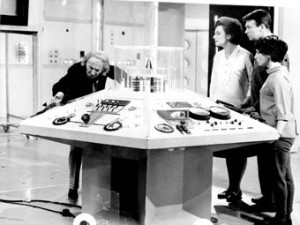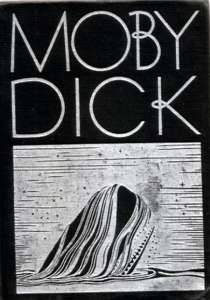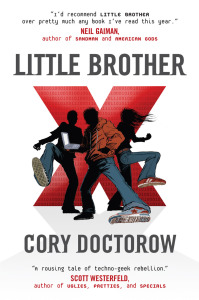If it’s your job to eat a frog, it’s best to do it first thing in the morning. And if it’s your job to eat two frogs, it’s best to eat the biggest one first.
—Mark Twain
I hate your aluminum spiderwebby window frames no one sees but me. Webs be damned, they let in wasps, delicate monsters sipping from glasses. I hate your pipes that offer water grudgingly and that one broken tile in the pantry. I hate the layers of paint in the kitchen defying removal, winning a war of attrition.
The plants in your yard mock me with their fecundity and shame me in their unruliness. They were garden once. The grapevine over the door discourages visitors but welcomes raccoons with succulent fruit.

House, your southeastern side resembles the shacks people abandoned in the Dust Bowl in search of a better Bakersfield. Your boards show too much weather; your bricks not enough. Jasmine and honeysuckle in overplus, but will it cover over your nakedness? Not enough, not enough.
The poorly executed addition you cast off like a failed transplant, every earthquake driving a wedge. How is anyone supposed to get writing done under a ceiling crack like that? Why, house, did you not fight back harder when unscrupulous contractors came to graft it on? Why do you fight me at every turn?
House, if you were someone else’s story I could fix you, edit and polish every little part until all that was unnecessary and nerve-jangling and cross-purposed was gone. All mouse holes closed, windows and walls as crisp as a fresh page. I could see the meaning and the verbs and rearrange them into history, into what happens now. I don’t know how to work with paint and chisels and wrenches. My tools don’t do much of anything to anything that is.
Tell all the truth but tell it slant should not apply to your roofline. Tell me a different truth than that one.
It’s true that you were once a whole and perfect structure, back in 1930-whatever. I was like that too, at birth. I am truly sorry for all the abuse you have endured and would undo it if I could. People occupied you carelessly, taking you for granted or trying to make you into what you are not. But that is no reason to invite water into your basement while miser-hoarding it from the showers. The peril of the stairs; that’s not fair.
I regret removing your gracious, outward-flung windows to keep my children from tumbling into the sky and blackberries and fennel, but I can’t put them back now. The children, they will get out one way or another, but flying is not the preferred way. Parents like doors.
The lathe and plaster, bone and flesh—it had to go, because it was rotten. That happens when you let the rain in for dozens of years. Sealed up in the walls we found relics: a jump rope, a doughnut in a paper bag with a handwritten receipt. What artifacts will we leave behind for the time-travelers to come?
Is there future tense for you, house? Will your end be fire or flood or greed? Or will you stand on, unseemly and shored up, wrong incoherent things hammered on, defying all attempts to make you clean and safe and curated? What is your long game? Do you shake us off—or issue a challenge? Is this a three-refusal kind of tale, a hero’s journey of tests and wrong turns? Do I eat the biggest frog and move on to the next and the next? If I fix you, will you let me work in peace?















